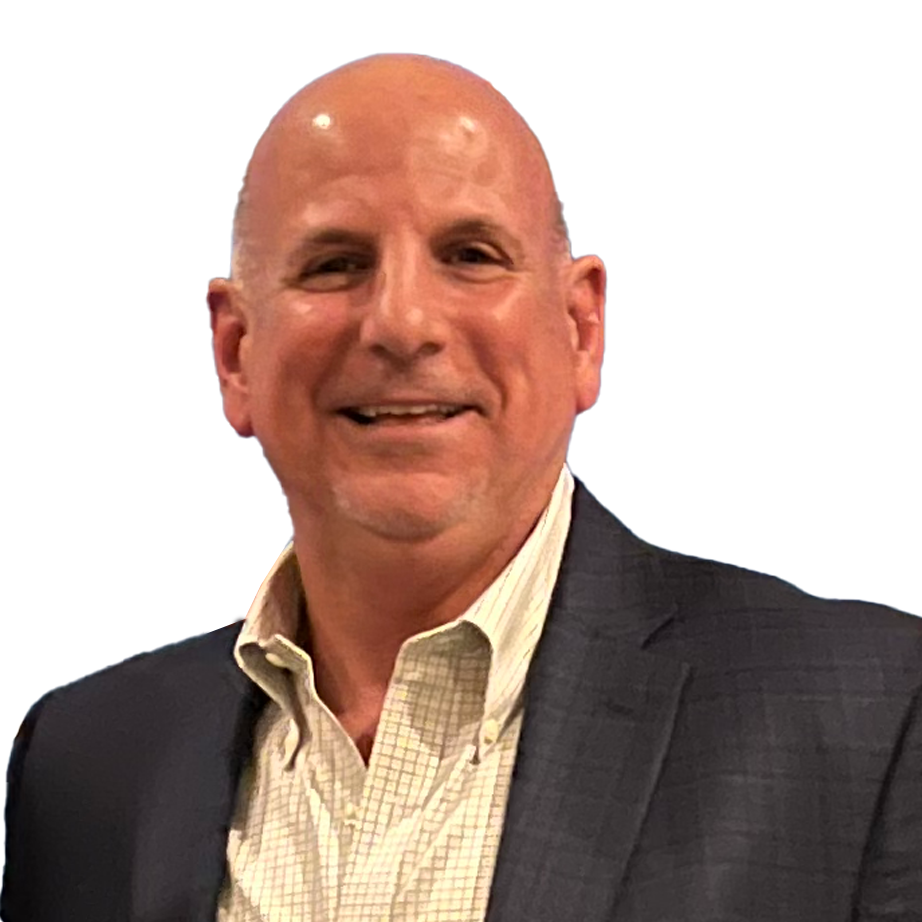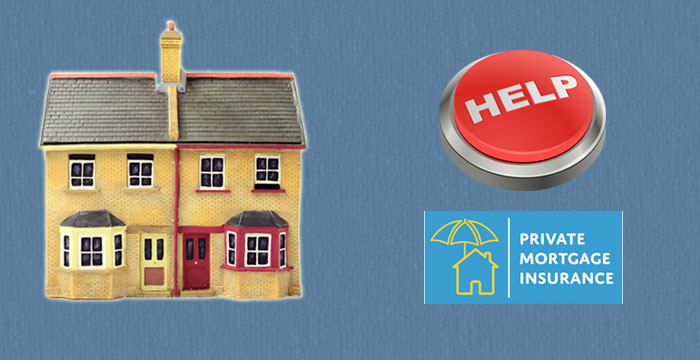
Report: PMI Helped Thousands of New Jersey Home Buyers Last Year

Home buyers are sometimes disappointed to learn that they need private mortgage insurance on their home loans. After all, it’s an extra recurring cost that can increase the size of the monthly payments. But without PMI, many New Jersey home buyers would have to wait a lot longer — and save a lot more money — in order to make a down payment on a home.
A PMI industry report published in June 2018 showed that 22,618 home buyers and homeowners in New Jersey were helped by private mortgage insurance in 2017. In this context, “helped” means that they were able to purchase a home with less money down because of PMI.
Many Home Buyers in New Jersey Benefit from PMI
Earlier this summer, the industry group U.S. Mortgage Insurers (USMI) released a study that revealed just how many borrowers in New Jersey and nationwide were helped by PMI during 2017. In the state of New Jersey, mortgage insurance helped 22,618 borrowers purchase or refinance a home last year.
Definition: Private mortgage insurance, or PMI, is a unique kind of policy that protects banks and lenders from financial losses related to borrower default. In New Jersey, a PMI policy is usually required in financing scenarios where the loan-to-value (LTV) ratio exceeds 80%.
Private mortgage insurance is a standard industry requirement that has been around for a long time. But there’s an upside to it as well. While these policies do result in a marginal increase in the borrower’s monthly payments, they also allow people to buy homes with a significantly smaller down payment.
- Without PMI, the majority of home buyers in New Jersey and nationwide would have to make larger down payments, up to 20% in many cases.
- With PMI, home buyers can take on a conventional mortgage loan with a down payment as low as 3% (for an LTV up to 97%).
According to the USMI repot mentioned above, nearly 30 million families have become homeowners since 1957 thanks in part to these insurance policies.
“In 2017 alone, MI helped more than 1 million borrowers purchase or refinance a mortgage,” the report stated. “MI is truly helping those low- to moderate-income Americans who cannot afford to put down the full 20 percent.”
Borrowers in New Jersey who put down 20% or more on a home purchase can avoid private mortgage insurance. That’s why some home buyers choose to make a larger upfront investment. But not everyone can afford a down payment of 20%, and that’s where PMI comes into play.
Buying a Home Sooner and With Less Money Down
For the “average” home buyer in New Jersey, it would take a long time to save up for a 20% down payment. The USMI study put an actual number on this: 22 years. That’s how long it would take a typical buyer in New Jersey to save up for a 20% down payment on a median-priced home.
Fortunately, most borrowers don’t have to wait that long or save up that much money. The various low-down-payment mortgage options that are available today, combined with the PMI industry, allow borrowers to put down as little as 3% for a conventional mortgage. This type of insurance simplifies and shortens the path to homeownership, for a lot of folks.
Cancelling Mortgage Insurance: Government vs. Private
In New Jersey, private mortgage insurance is typically required in financing scenarios where the loan-to-value ratio rises above 80%. But over time, as the homeowner makes regular monthly payments, the LTV tends to decline steadily. So it’s possible to cancel a PMI policy at a later date, typically when the LTV falls to 80% or below.
This is a key distinction between private mortgage insurance and the kind that is applied to FHA loans. When it comes to the FHA program, most home buyers have to pay MI premiums for the life of the loan (regardless of the LTV ratio). That’s the current HUD policy, as of summer 2018. PMI for conventional loans, on the other hand, can usually be cancelled down the road.